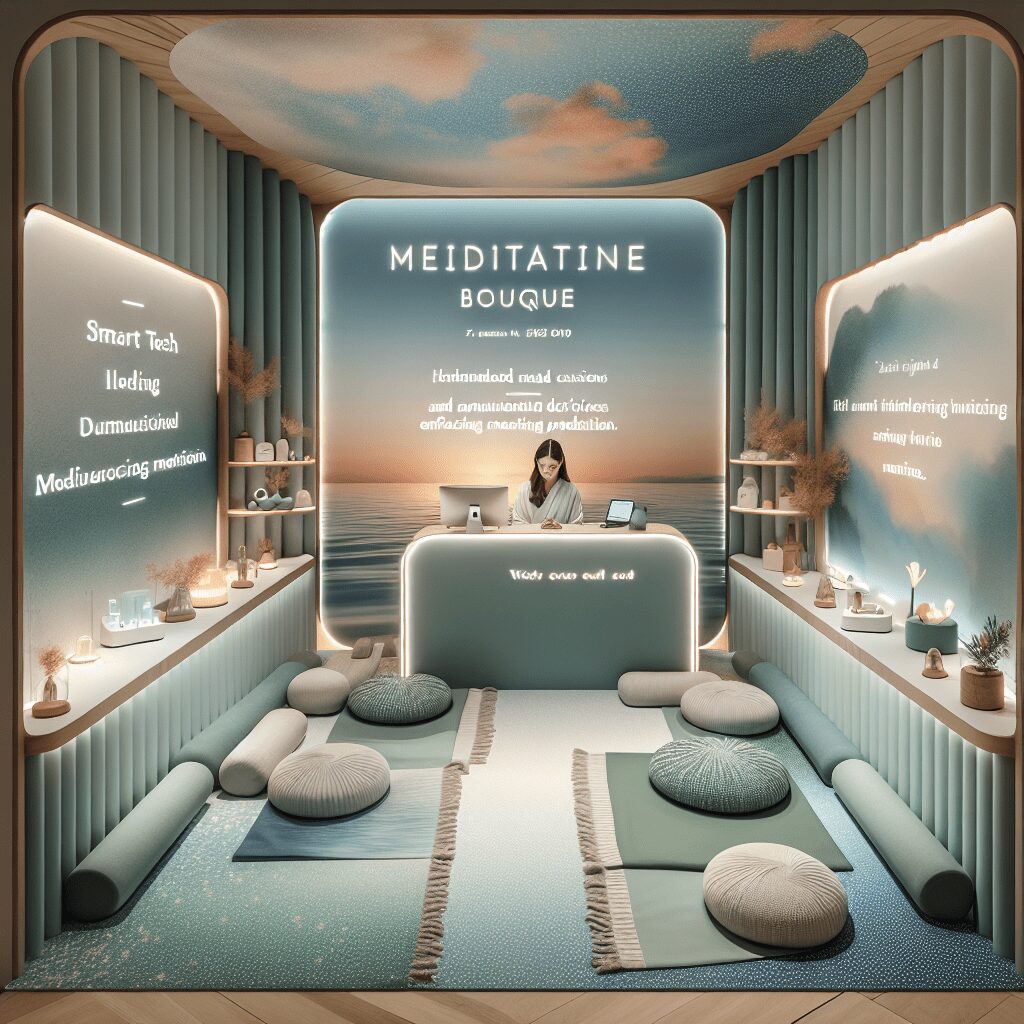
Prioritize your mental well-being daily. Enhance your life by nurturing your mental health with the Smart Meditation app. Break free from stress, alleviate anxiety, and enhance your sleep quality starting today.
Is Melatonin Good For Anxiety?
Unraveling the Mystery: Is Melatonin the Panacea for Anxiety?
In the whirlwind world we live in, where every tick of the clock ushers in a new dose of stress and worries, the quest for tranquility often leads us down the road of remedies, both natural and synthetic. Amidst the plethora of solutions touted to combat anxiety, melatonin, primarily heralded as the sleep hormone, has sparked a fascinating debate: Can it double as a knight in shining armor against anxiety? Let’s dive deep, sift through the science, and uncover the facts, shall we?
The Melatonin Marvel: More Than Just a Sleep Aid?
Ah, melatonin, our trusty sleep-inducing hormone, naturally produced in the pineal gland, has long been the go-to guy for jet lag and sleepless nights. But hang on a sec; what’s this buzz about it being a potential chill pill? Well, you’re about to find out.
First off, it’s critical to note that anxiety isn’t just a one-size-fits-all kind of deal. It’s more like a complex tapestry with various threads — including generalized anxiety disorder (GAD), social anxiety, and panic attacks, to name a few. The intriguing part? Melatonin might just have a role to play in this intricate landscape.
The Science Speaks Volumes
Studies have begun to shed light on the fact that melatonin isn’t just a one-trick pony. For starters, this humble hormone plays a pivotal role in regulating our circadian rhythm — our body’s natural clock that dictates when it’s time to hit the hay and when to rise and shine. But here’s where it gets juicy: melatonin receptors in the brain are thought to be involved in managing feelings of anxiety. By binding to these receptors, melatonin can potentially turn the volume down on anxiety, making it a subject of interest for researchers and anxiety sufferers alike.
Moreover, clinical trials have thrown their hat into the ring, showing promising results. For example, one study pointed out that individuals undergoing surgery, who were given melatonin, exhibited lower levels of anxiety compared to those who didn’t get this hormone boost. Similarly, in the realm of generalized anxiety disorders, melatonin supplementation has shown potential in lowering anxiety scores, suggesting its beneficial role beyond just shepherding us into dreamland.
Separating Wheat from Chaff: What You Need to Know
Before you dash off to stockpile melatonin, it’s key to pump the brakes and understand a few caveats:
- Dosage Matters: Like any supplement, the devil’s in the details, or in this case, the dosage. Too little might not make a dent, while too much can lead to unwanted side effects. Consultation with a healthcare provider is crucial to nail the right amount.
- Lifestyle and Diet Play a Role: Remember, there’s no silver bullet. Melatonin works best when you’re also keeping a check on caffeine intake, screen time before bed, and incorporating stress-reduction techniques like mindfulness or therapy.
- It’s Not for Everyone: For some, melatonin might be just what the doctor ordered; for others, it might not make much of a difference, or worse, could interact adversely with other medications.
Wrapping It Up: A Temporary Ally or a Long-term Friend?
To circle back to our burning question: Is melatonin good for anxiety? The evidence tilting in its favor cannot be brushed aside. However, heralding it as the ultimate cure for anxiety would be jumping the gun. Melatonin, with its sleep-enhancing and potential anxiety-reducing properties, can definitely be a piece of the puzzle for those grappling with anxiety, especially when other pieces include lifestyle adjustments and professional guidance.
In the end, it’s all about finding that perfect blend that works for you. And who knows? For some, melatonin might just be the missing piece that brings the much-desired solace in the tumultuous seas of anxiety. But as always, charting these waters with a healthcare professional’s compass would be the wisest course to navigate.





